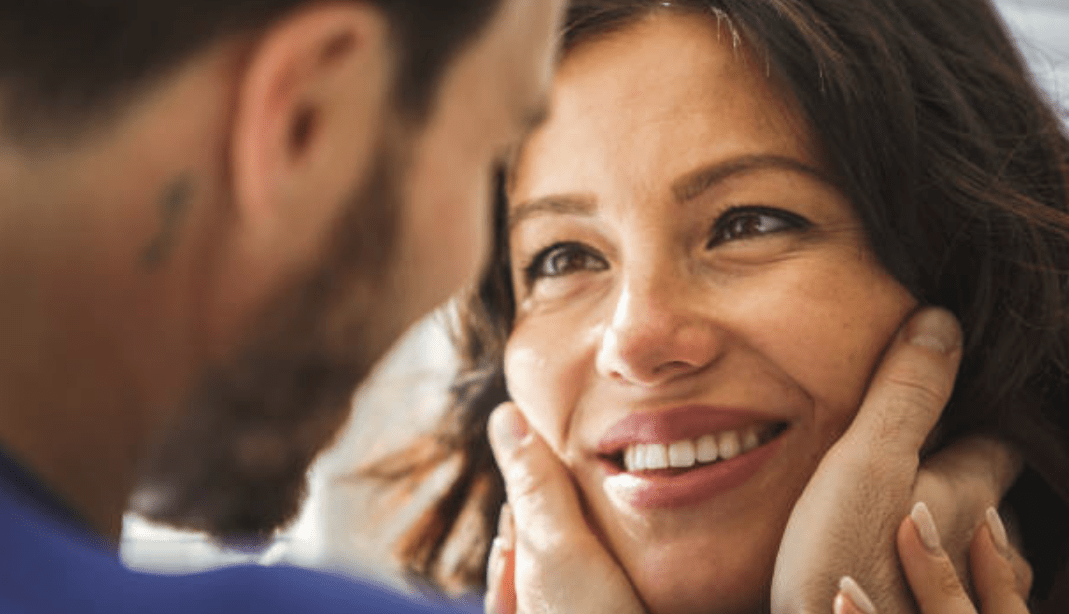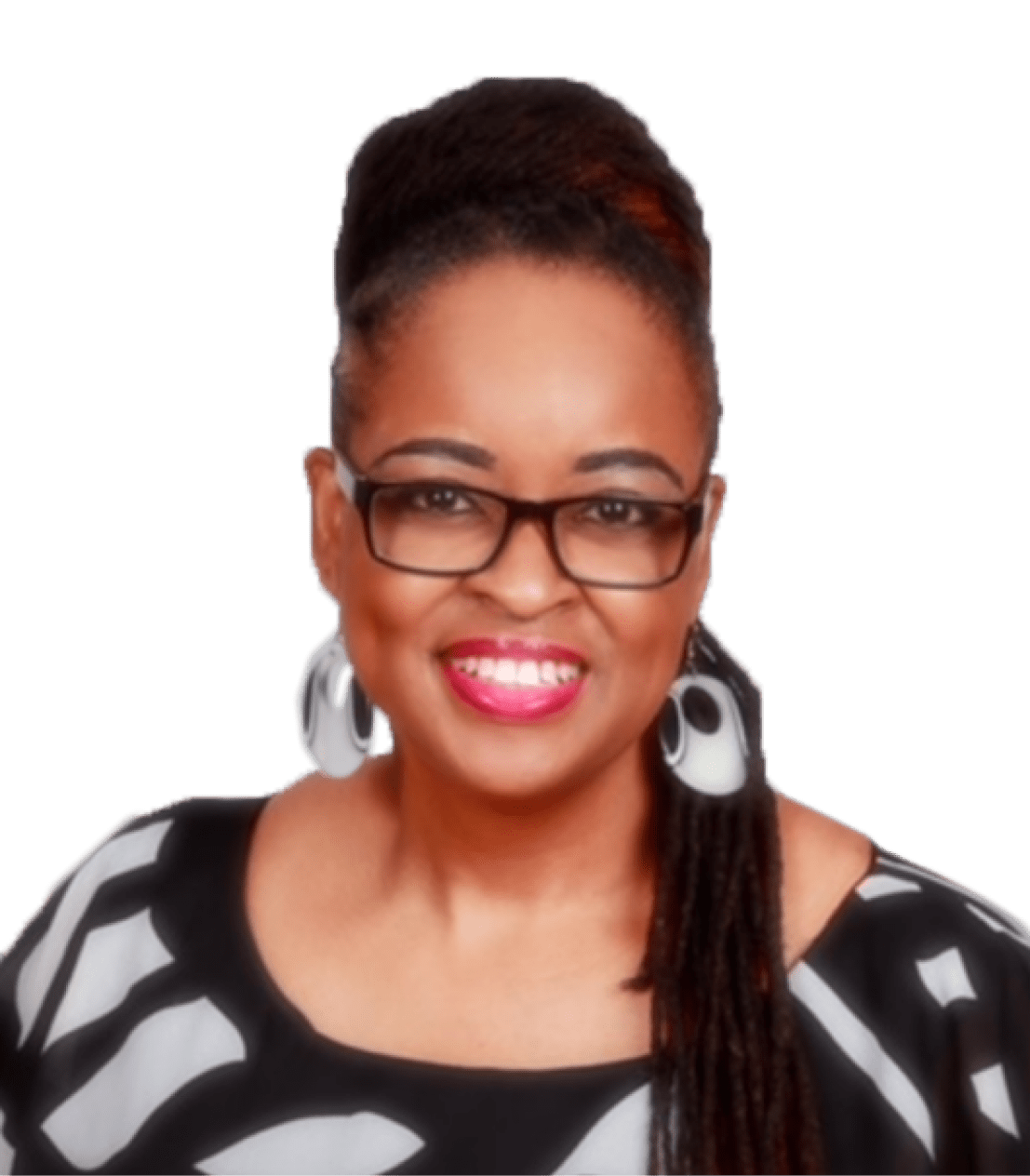Let’s Build Together: The Benefits of Creating a Healthy Foundation in Relationships
This article is based on scientific evidence and clinical experience, written by a licensed professional and fact-checked by experts.
Posted: August 31, 2021
Estimated reading time: 5 minutes

As God has created us in His image, we are designed to be communal beings, in that we need each other to be a part of the emotional and physical validation of our existence. In His word He reminds us that we should “all agree with one another in what [you] have to say and that there be no divisions among you, but that you be perfectly united in mind and thought” (I Cor. 1:10, KJV). This attachment is inevitable and quite necessary when creating the healthy relationships that He originated from the origins of His word.
Subsequently, when relational connections are broken or undeveloped, the outcome can often result in a disconnect from our own spiritual and emotional development, along with potential negative physical effects on our bodies. In her book, Created for Connections, Sue Johnson asserts that “having close ties with others is vital to every aspect of our health- mental, emotional, and physical” (Johnson, Created for Connections, 2016). Having these connections supports our own holistic growth patterns, which enable us to engage in healthier, more sustainable relationships. However, when we allow negative relational behaviors into that same space, we can potentially subject ourselves to a greater harm. Johnson continues to share that, “distress in a relationship adversely affects our immune and hormonal systems, and even our ability to heal” (Johnson, Created for Connections, 2016).
Holding on to compounded hurts and pains from previous relationships can provide constant triggers from negative experiences, while blocking the opportunity for new, more positive experiences to be nurtured and developed. In understanding the importance of creating a healthier space, in mind, body, and spirit, it may be helpful to consider allowing emotional safety, healthy boundaries, and communication in relationships in order to strengthen one’s overall balance and well-being.
Emotional Safety
Our inner emotions are usually one part of ourselves that we are apprehensive to allow others to see. It is a place that reveals how we really feel, even though we may, in reality, express otherwise. This disconnect can have a negative impact on how we relate to others, because if we are not able to identify our authentic selves in relationship then, in essence, we are only showing others a pseudo or incomplete version of ourselves. To neglect one’s emotional part of self is to not allow the most authentic self to be seen, heard, or understood.
In creating healthy communication in relationships, it is important to tap into your own emotions so that you can identify what stressors, anxieties, or fears you might be holding on to. If these feelings have not been resolved or are keeping you from moving forward emotionally in relationships, it will be necessary to address your need- be it through counseling or a support system- to work through these unresolved emotions, so that they do not hinder growth in your dating or marital relationships. God acknowledges that emotions are very real. However, He does not want us to remain in emotional distress. His word reminds us in II Timothy 1:7 that He “has not given us the spirit of fear: but of power, and of love, and of a sound mind” (KJV).
Establishing Healthy Boundaries
Creating healthy boundaries in relationship helps establish the foundations of how you would like your connection with others to look and feel. Consider, when building a home, the first step necessary in laying the right foundation is to ensure the ground in which the home will stand on is not only sturdy but is also able to withstand storms. This same building principle can be applied when creating a healthy relationship; to ensure that the essential foundations are included when identifying needs to connect well with others. Examples of healthy boundaries might include love, trust, intimacy, good communication, and support.
Also important in establishing healthy boundaries in relationships is acknowledging that as we are “made in the image of God, we were created to take responsibility for certain tasks. Part of taking responsibility, or ownership, is to know what is our job, and what it isn’t” (Cloud, H, Townsend, J., Healthy Boundaries, 2017). God’s word helps us to embrace our personal parameters with others, even as life’s experiences may try to influence what those parameters may look like (Cloud, H., Townsend, J., Healthy Boundaries, 2017). Taking on responsibilities and tasks that were not designed for you can create unnecessary stressors, which can also yield negative emotional space within the relationship. By defining one’s needs and clarifying roles in a relationship, creating healthy boundaries can help define limits while still loving and creating an attachment to those who we desire to be a part of our safe space.
Embracing Communication Basics
How we communicate is an essential element in connecting with others. If we do not know how to properly share our needs, thoughts, or opinions, we can create a barrier between those that we desire to bond with emotionally and physically. Learning how to be transparent and vulnerable in relationships takes intentional effort, practice, and trust. To allow for others to enter into such a delicate space and to share those more intimate thoughts can be quite new for many. However, it is quite helpful, especially in a therapeutic setting, to work on grasping the skill sets that can assist with couples opening up to one other and sharing the intimacies of healthy communication with one another. By embracing the tools that are necessary to develop healthy communication, such as active listening, sharing, communicating needs, etc., couples can become better equipped in understanding their mate.
In conclusion, holistic health in relationships is very necessary and attainable. By examining one’s personal emotional space, creating healthy boundaries, and including meaningful communication skills within the relationship, couples can yield not only a positive, healthy relationship; but they can also embrace overall wellness and balance within themselves.
Back to topThis article is based on scientific evidence and clinical experience, written by a licensed professional and fact-checked by experts.
About the Author

Robbin King
Robbin King MPC, has a Bachelor’s Degree in Psychology, and a Master’s Degree in Professional Counseling. She holds licensure in the state of Florida.
Learn More About RobbinReferences
- Cloud, H., & Townsend, J. (2017). Boundaries updated and expanded edition: When to Say Yes, How to Say No to Take Control of Your Life. Grand Rapids, MI: Zondervan Publishing Company.
- Johnson, S. M., & Sanderfer, K. (2016). Created for connection: the “hold me tight” guide for Christian couples: seven conversations for a lifetime of love. New York: Little, Brown and Company.
- Scripture quotations marked KJV are taken from the Bible, Kings James Version. Public domain.
Share this article
View more articles

How to Revitalize Connection in a “Roommate” Marriage: Pt. 2 Physical Connection
By: Danielle Schaefer







